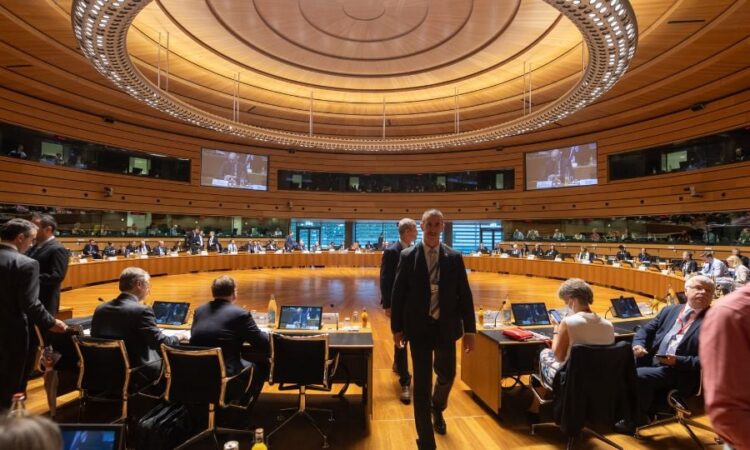
Poland, represented by its Deputy Minister for Climate, Krzysztof Bolesta, recently called for significant changes to the rules governing EU auctions for renewable hydrogen projects. The aim is to ensure fairer competition between member countries, particularly in view of the natural advantages of Mediterranean countries such as Spain and Portugal.
Background and objectives of the Hydrogen Bank
The European Union’s ambition is to produce 10 million tonnes of renewable hydrogen by 2030. To support this goal, the EU has created theHydrogen Bank, a financial institution dedicated to financing green hydrogen production projects. At the first auction in April, 720 million euros were awarded to seven projects, the majority of which are located in Spain and Portugal. These countries benefit from ideal climatic conditions for solar power generation, a crucial element for water electrolysis, the key process for producing green hydrogen.
Polish reactions and initiatives
According to Krzysztof Bolesta, Poland and other Central and Eastern European countries, such as the Czech Republic, Slovakia and even France, feel disadvantaged by the current system. “We lost out to Spain and Portugal because of their more favorable conditions for producing hydrogen from renewable energy sources,” he said.
To remedy this inequality, Poland is proposing the creation of “national baskets” within the Hydrogen Bank auctions, so that each country has a fair share of the available funds. This initiative aims to even out the odds for countries with less favorable climatic conditions, and to encourage a fairer distribution of EU financial resources.
Support and European Perspectives
The Polish proposal has already won the support of several member countries, underlining the growing solidarity within the EU for a more balanced distribution of subsidies. Aware of the criticism, the European Commission has announced that it will learn from this first pilot auction before launching the next, scheduled for later this year.
Poland’s initiative underlines the continuing challenges facing the EU in implementing its energy transition, particularly in terms of equity between member states. The effectiveness and acceptability of these reforms will be crucial in maintaining the unity and commitment of all countries to achieving common climate objectives.
This debate on auction fairness could also influence other sectors where natural and economic conditions vary considerably between member states, reinforcing the need for flexible and inclusive approaches in EU policies.
To sum up, the discussions initiated by Poland highlight an urgent need to re-evaluate financial support mechanisms within the EU for renewable energy projects. By balancing the playing field between countries, the Union could not only strengthen solidarity between its members, but also optimize the use of resources to achieve its ambitious climate goals.





